Kosovo parallel institutions affect rule of law
The latest OSCE Kosovo human rights report looks at parallel institutions in the province.
Wednesday, 04.04.2007.
16:24

Kosovo parallel institutions affect rule of law
The report uses the term “parallel structures” to define bodies and institutions that have been or still are operational in Kosovo after June 10, 1999 and that are not mandated for under the United Nations Security Council Resolution 1244.In the majority of cases, these institutions operate under the de facto authority of the Serbian government and assert jurisdiction over Kosovo from Serbia proper, or operate in the territory of Kosovo.
These parallel structures operate contemporaneously with, or sometimes even under the same roof as the Provisional Institutions of Self-Government (PISG) recognized bodies, OSCE says.
The report is an update on the situation since 2003 and describes and analyses the effects of parallel systems operating in Kosovo. It specifically focuses on the areas of the courts, security, property rights, education and health care, and assess their effects on society
"The existence of parallel structures continues to have a substantial impact on Kosovo's society," said Ambassador Werner Wnendt, the Head of the OSCE Mission. "Yet, these structures can sometimes be complementary to the system, covering gaps and ensuring access to certain public services."
The continued existence of parallel structures results from three factors: Lack of access to public services, including heath care, education and social assistance; Lack of trust based on perceptions and feelings of discrimination; Lack of political will and the unresolved status question as an obstacle to integration of parallel services.
The report also highlights that parallel court systems creates a climate of legal uncertainty and hampers the full establishment of the rule of law and the development of a stable democratic society.
The report recommends urgently addressing these concerns to accommodate the needs of all communities in Kosovo, and to ensure that the rights of people are protected. In particular, the recommendations provide the basis for a comprehensive strategy for the international community and Kosovo's Provisional Institutions of Self-Government (PISG) to deal with remaining parallel structures.
Action on the recommendations in the report are necessary to reduce and eventually eliminate the dependence on parallel structures, while also helping integrate needed public services in to Kosovo's institutional structures. In particular, improved services to vulnerable communities are necessary if the demand for parallel structures is to be reduced.
"Simply closing down parallel health and education structures is not an acceptable solution," added Wnendt. "The way forward could be an integrative approach by which ensures engagement by people in finding a beneficial solution for all."

























































Komentari 0